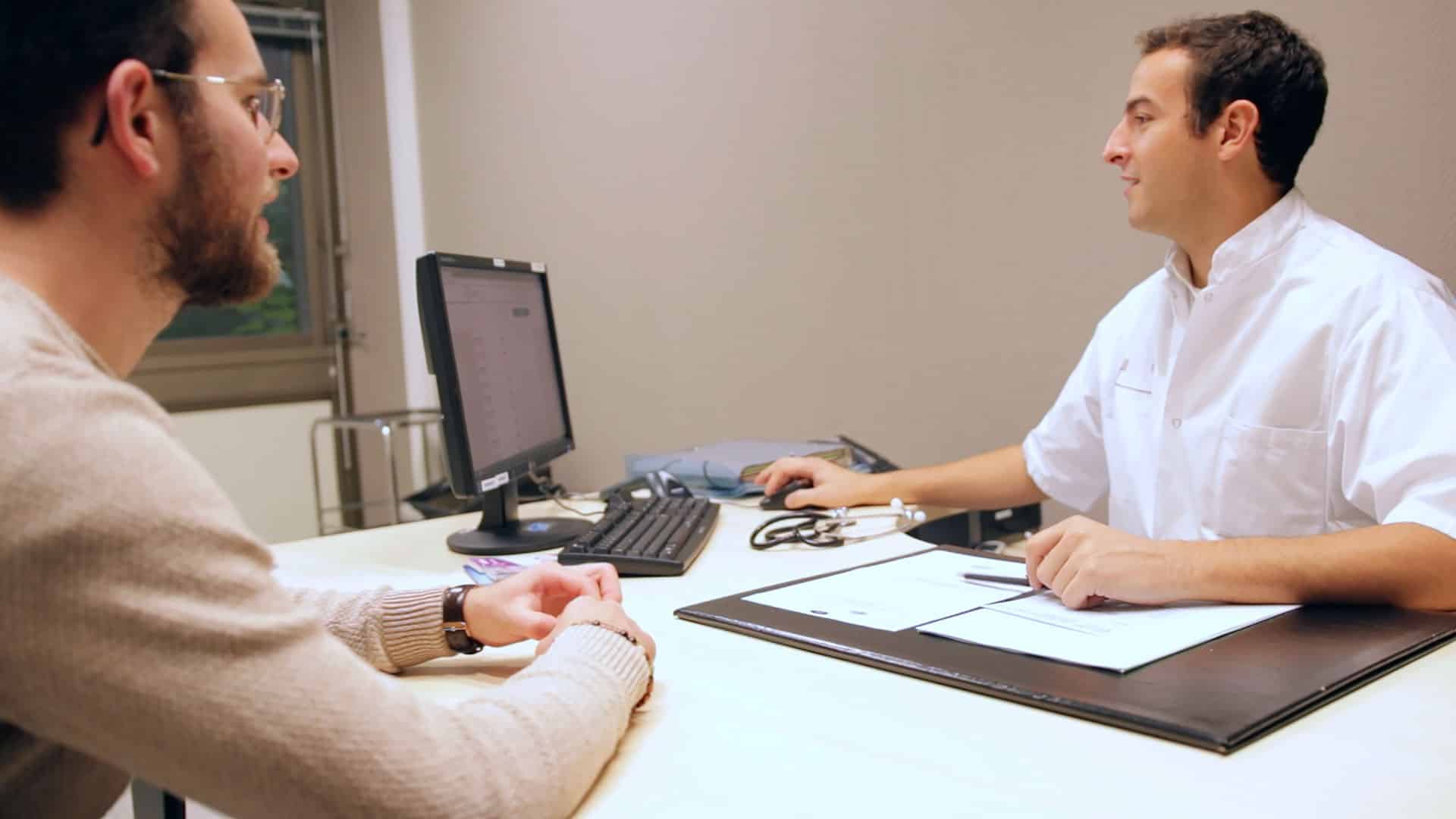The start-up is developing solutions that take into account patient physiology, in order to monitor and analyse the risks of chronic diseases. Their algorithm, developed within the CHU of Bordeaux, is one of the best currently in existence in the area of cardiac insufficiency.
Symptoms of cardiac insufficiency include, for example, shortness of breath and coughing. However, some patients have a physiology that predisposes them to these symptoms. People who have smoked a lot, for example, cough easily. In their case, coughing is not necessarily a symptom of heart failure. Satelia‘s algorithm is regularly improved to take into account patient specificities. It avoids false alarms, which are unfortunately very frequent in hospitals, due to unsuitable technical solutions.
But Satelia’s vision goes even further. “Taking care of people also means explaining their illness to them so that they become more involved in looking after their own health,” says Nicolas Pagès, the founder of Satelia.
This is why the start-up is developing in both directions – monitoring for the doctor, but also education for the patient. It has also chosen to focus on non-technophile or digitally excluded patients, as may be the case with certain elderly people. For such patients, Satelia has put in place a dedicated platform of 27 nurses who talk to them over the telephone, then enter into the algorithm any data resulting from these conversations.
Monitoring, education, connected patients, unconnected patients, these are the 4 axes of development of the start-up, differentiating axes that have proven their worth in the treatment of chronic diseases. Other applications exist, such as for example monitoring artificial hearts. Of the 300 patients who have an artificial heart in France, 150 are already being monitored by Satelia.
The Satelia team is impatient to take part in the Next French Healthcare that will give it access to the U.S. market.



